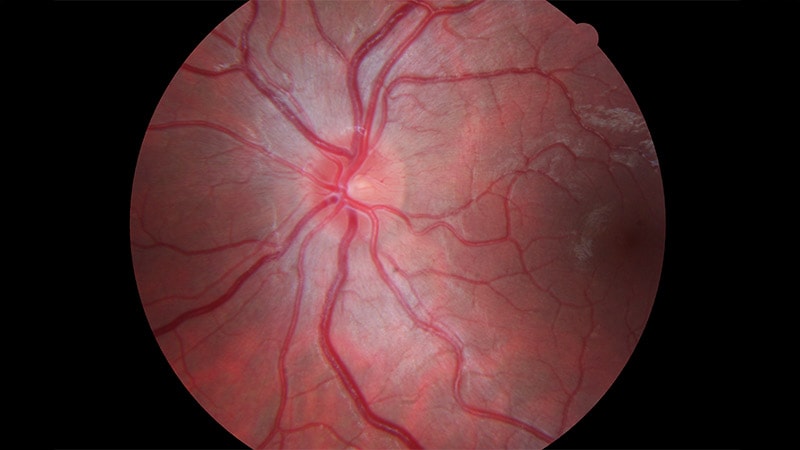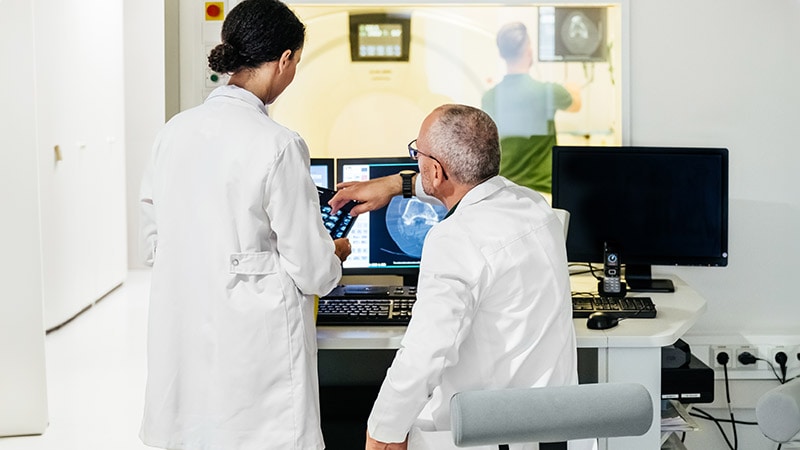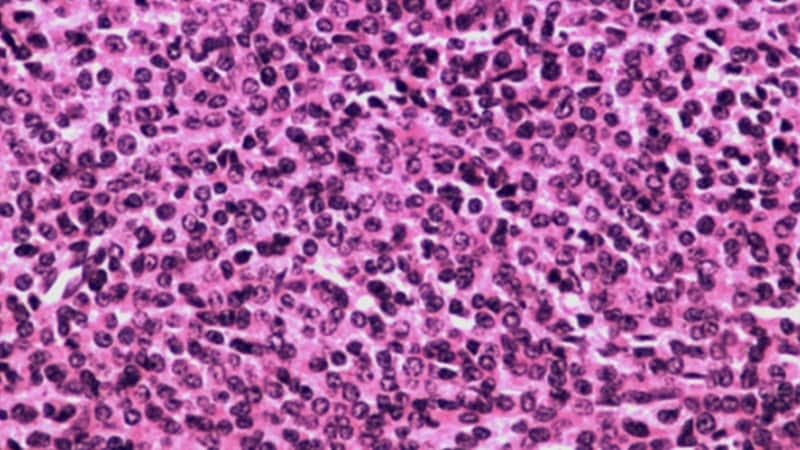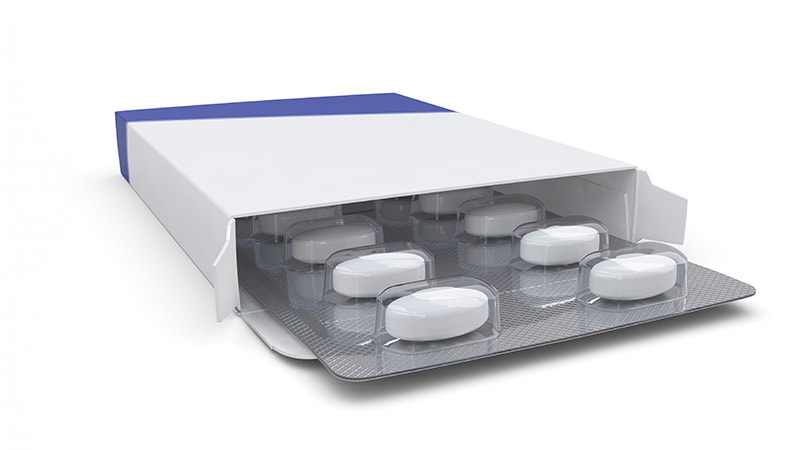The European Medicines Agency (EMA), through the Pharmacovigilance Risk Assessment Committee (PRAC), has concluded that therapy with CAR-T cells may be directly linked to the onset of tumors originating from T lymphocytes.
The news was disseminated through a press release on the EMA website at the same time as the New England Journal of Medicine published two articles describing secondary tumors in patients treated with CAR-T cells. What consequences will this statement have?
PRAC Evaluation
The Committee examined secondary tumors that developed in 38 out of approximately 42,500 patients who were administered CAR-T cells. Analysis of samples revealed that some of the tumors contained the construct used to engineer the patient's T cells to generate the CAR-T cells.
"This suggests that CAR-T cell-based therapy has been involved in the development of the disease," said EMA. Given that secondary tumors appeared weeks, or even years, after the administration of CAR-T cells, "patients treated with these therapies must be monitored for life for any new neoplasms."
Today, information for patients receiving CAR-T cells already includes a warning regarding the risk of developing new tumors. It will likely be updated to include specific reference to secondary tumors resulting from the malignant transformation of T lymphocytes.
Two Studies
The first study on secondary tumors, published in The New England Journal of Medicine, comes from Georgetown University in Washington, DC. The authors described a CD4-positive indolent lymphoma diagnosed in a patient who had been treated 5 months earlier with CAR-T cells for myeloma. The DNA of the tumor cells contained a sequence attributable to the construct used to engineer the cells. Researchers identified numerous genetic alterations that could have contributed to the neoplastic transformation.
The second study pertains to patients treated with CAR-T cells at the Stanford University Medical Center in California between 2016 and 2024. Out of 724 treated patients, 25 developed secondary tumors, including 14 hematologic (13 myelodysplastic syndromes or acute myeloid leukemias and one T-cell lymphoma) and 11 solid tumors (four melanomas, two prostate carcinomas, one endometrial adenocarcinoma, one lung adenocarcinoma, and one metastatic mesothelioma). The cumulative incidence of secondary tumors at 3 years was low (6.5%).
No evidence of integration of the vector used to generate CAR-T cells was found in the Epstein–Barr virus–positive T-cell lymphoma that proved fatal. Analysis of the secondary tumor and primary tumor of the same patient (a diffuse large B-cell lymphoma) revealed common mutations that were suggestive of preexisting clonal hematopoiesis.
Risk Stratification Needed
"Spontaneous clonal hematopoiesis increases the risk of myeloid cancer and, to a lesser extent, lymphoid cancer," commented Emily Mitchell, PhD, and George S. Vassiliou, PhD, of the University of Cambridge in Cambridge, United Kingdom. Clonal hematopoiesis is common in people undergoing CAR-T therapy, and judging by the incidence of the latter, it "is not associated with a substantial increase in the risk of T-cell cancer or other secondary hematologic tumors," they added.
The data just published "indicate, however, that CAR-T cells themselves may progress to T-cell lymphoma in some cases, a risk that may be higher when premalignant clones are present before the recovery of autologous cells for CAR-T production," Mitchell and Vassiliou emphasized.
The risk should not be underestimated, although CAR-T therapy saves lives. It is difficult to consider giving it up because of the rare possibility of a secondary tumor. Rather, it is necessary to clarify which patients are at high risk and why.
This story was translated from Univadis Italy, which is part of the Medscape Professional Network, using several editorial tools, including AI, as part of the process. Human editors reviewed this content before publication.

.webp) 2 days ago
4
2 days ago
4


























 English (US)
English (US)